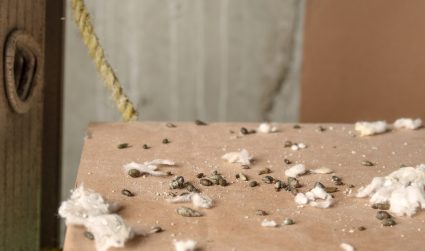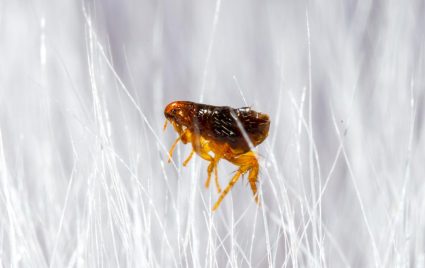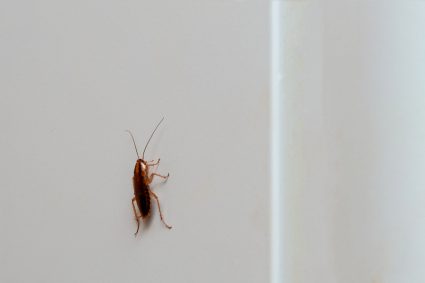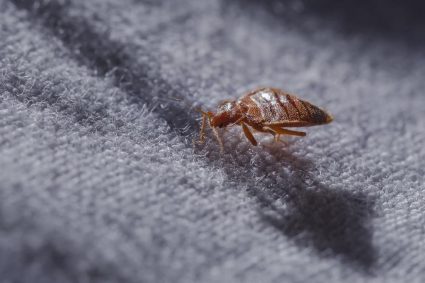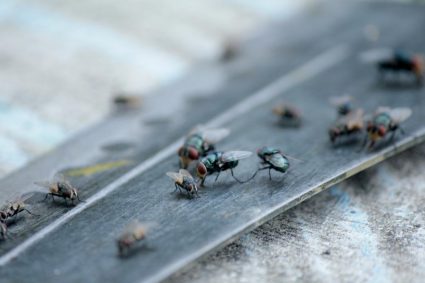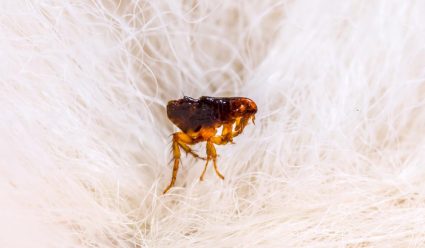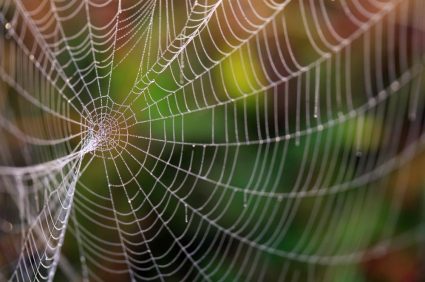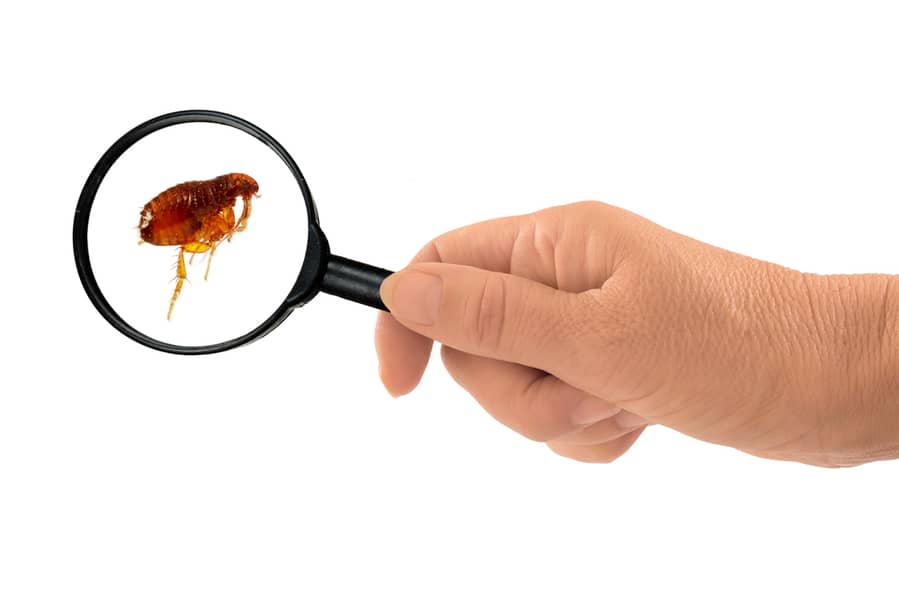
Nobody likes a flea-infested home. It’s gross to think that such pests are crawling into someone’s house. If you are experiencing this problem, it would be best to call the exterminator.
But before they come, you must know how to prepare for the flea exterminator.
Fleas are one of the typical parasites you can encounter in your home, especially if you have pets.
They jump around and can bite you, which can be dangerous since they are a vector for some diseases. They are also very adaptable and can lay hundreds of eggs in their lifetime.
To prepare your home for the local exterminator, you’ll need to:
- Clean your home
- Seal your food
- Take your pets outside
You’ll also need to protect your home and pets from fleas so infestations will not occur.
Below are some tips on preparing your home for the flea exterminator.
Preparing Your Home for Flea Treatment
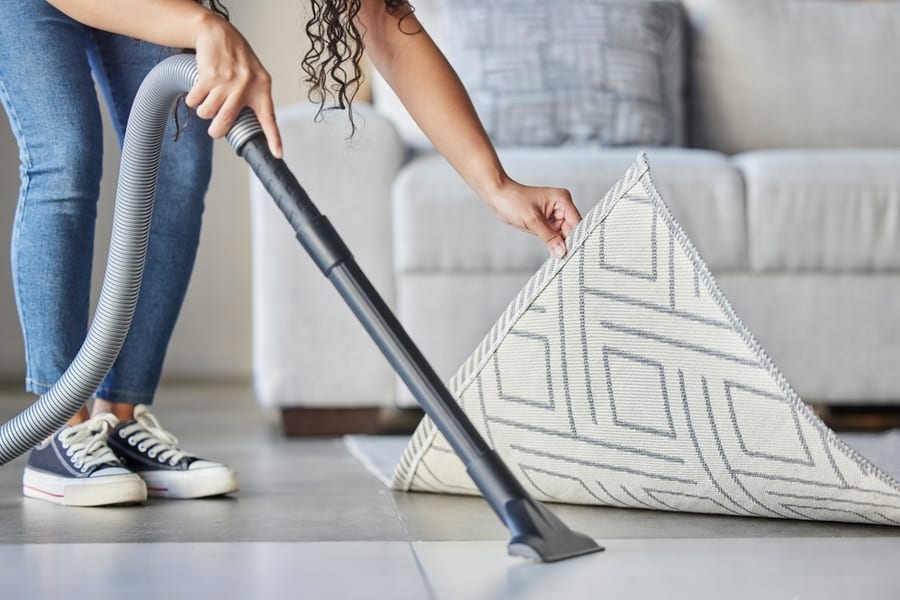
Experienced technicians and professionals can help treat your home and eliminate fleas. These people will treat the resting site of your pets and outdoor areas with insect growth regulators and residual insecticide.
But besides that, you need to prepare your house, too, for a successful treatment. Below are some of the things you should do:
- Remove all clutter from carpets and closets. Your floors should be clear, except for the furniture legs.
- Vacuum your carpets, cushions, upholstered furniture, mattresses, drapes, closet floors, pet resting areas, and floor cracks and crevices.
- Empty your vacuum cleaning after using it and dispose of the trash immediately. If you are using a bag, do not use it for future use. Throw it as soon as you are finished with it. If you only have a vacuum canister, clean it after emptying its contents. Do it outside if possible.
- Wash all your bedding and use detergent and hot water.
- Wash any clothing or fabric near or on the floor. Fleas can jump 150 times more than their body length.
- Seal your food tightly and remove all your pets to prevent them from inhaling the pesticide.
- Take your pets to the veterinarian for flea treatment while your house is getting its own.
- Clean your outdoor space by cutting grass, raking leaves, and removing toys and debris.
How To Protect Your Pets and Family

Do you have a plan to keep fleas off your pets, family, and home?
If not, it would be best to schedule a monthly plan from your local exterminator for flea and tick spraying to help control such parasites from being brought in by your pets.
But don’t rely on that alone. You can also help reduce the risk of flea infestation by following the precautions below:
At Home
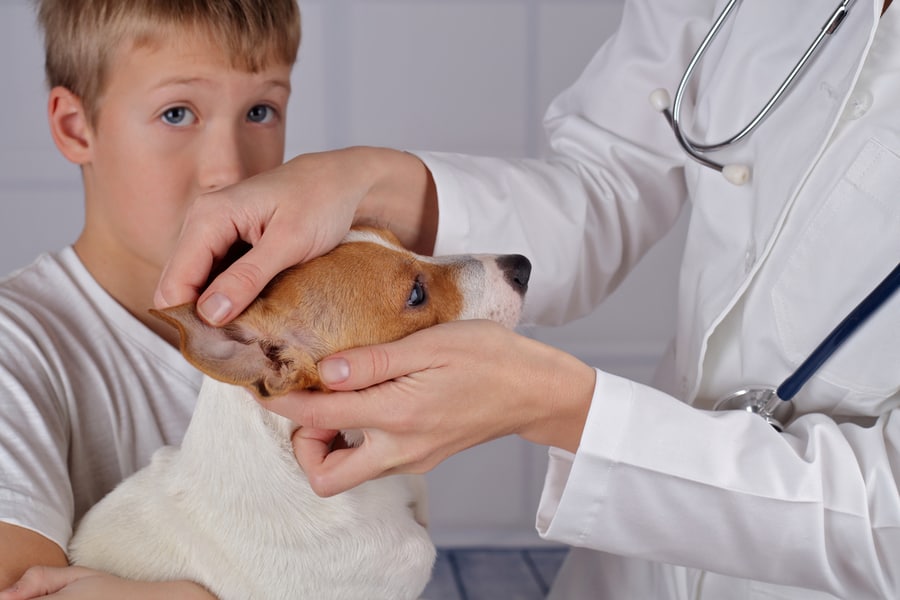
- Wash your hands after contact with your pets and other animals.
- Have a routine veterinary checkup for your pets to get them tested regularly for parasites.
- Use the flea treatment prescribed by your veterinarian monthly.
- Professionally treat your home for fleas, ticks, and other pests that can infest your home.
Outside
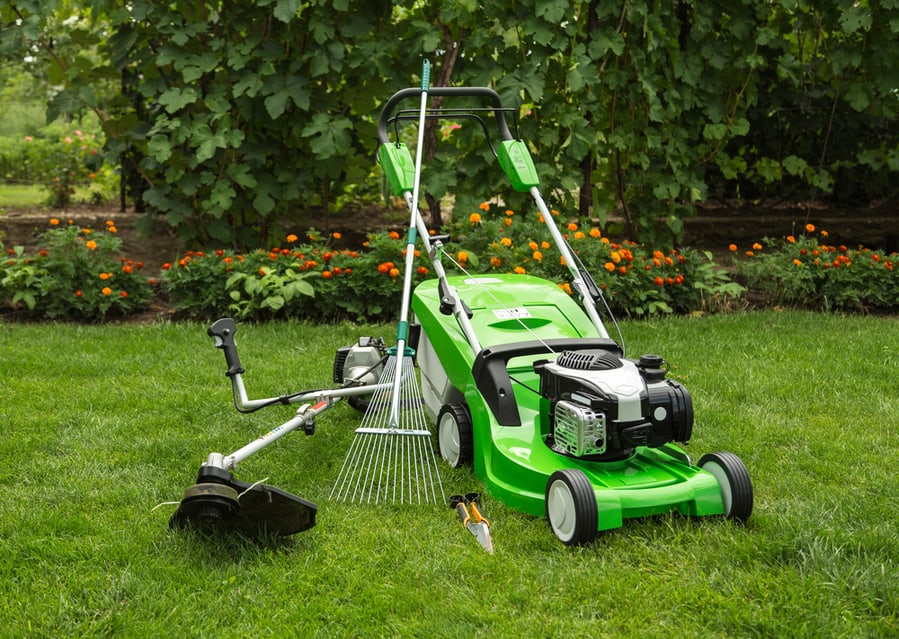
- Clean the waste in your yard.
- Plant flora that fleas don’t like, such as citronella. It can also ward off other insects like mosquitos.
- Don’t water your lawn too much. It’s not only bad for it. But it can also attract all sorts of insects because of the standing water.
- Mow your lawn weekly to stir things up and remove any hiding spots for such pests.
- Wear long sleeves and tuck your long pants into your shoes when traversing through thick vegetation, brush, or woods.
- Use flea repellent on your exposed skin.
- After traversing through thick vegetation or the woods, check your clothes for fleas and other pests.
Conclusion
Fleas are some of the typical pests that can infest your home. And they can be a real problem because of the diseases they can carry.
So it’s essential to call your local exterminator to prevent an infestation in your home.
But before you do, it would be best to prepare your home so you won’t have any bumps by cleaning your house thoroughly.
Frequently Asked Questions
Do Fleas Affect Humans?
Humans are not the typical hosts of fleas and will not preferably bite them unless they are desperate.
Fleas need the blood of animals to hatch their eggs, and human blood is unsatisfactory for their reproductive process. But on severe house infestation, there are reports of people getting bitten and report swelling and itchiness.
How Can You Tell if Your Pets Have Fleas?
Unlike ticks, fleas like to move around, biting and feeding on your pet’s blood and then jumping off to lay an egg in the environment.
The best way to know if your pets have fleas is to brush them with a flea comb and check for “flea dirt.”
Flea dirt will look like dirt. But when you apply hydrogen peroxide to it, it will bubble up because of its blood.
How Do You Prevent Fleas on Your Pets?
The best way to prevent fleas on your pets is to use FDA-approved treatment.
Older flea preventatives approved by the EPA as pesticides are less effective than FDA-approved prescriptions.


